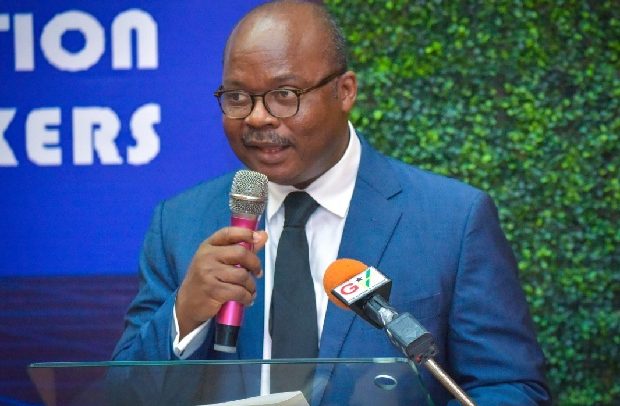Dr. Ernest Addison
- ERNEST Addison, Governor of the central bank, says the economy is on a rebound based on recent available data.
Dr. Addison, who was delivering an alumni lecture at the Great Hall of the University of Ghana on the ‘Pandemic, The Economy and Outlook’ on Thursday, attributed the economic rebound to the evidence of some green shoots in economic activity gleaned from the Bank of Ghana’s (BoG) surveys on consumer confidence which had bounced back to pre-lockdown levels as consumers responded favourably to the gradual lifting of restrictions, providing some scope for undertaking meaningful economic activities.
“Business confidence has also improved although the index remained below pre-lockdown levels. Our latest high frequency economic indicators, such as consumer spending, industrial consumption of electricity, and construction activities, have all reached pre-lockdown levels.
“Just yesterday, the Ghana Statistical Service put out an estimate of the third quarter GDP growth suggesting that the economy contracted by 1.1% during the third quarter. It must be pointed out that this is consistent with the rebound view as the economy has recovered from a contraction of 3.1% to 1.1% during the quarter. Recent report from the International Growth Centre (IGC) corroborates this view as employment rates and hours worked per adult, which fell substantially in March and April, have largely reverted to its pre-Covid-19 levels in August and September. Headline inflation also eased to single digits at 9.8% in November,” he pointed out.
Banking Sector
The BoG Governor continued that overall, the banking sector was robust and largely resilient to the pandemic-related shocks. In addition, he said tail risks arising from the changing macroeconomics landscape had had a moderate effect, and the banking sector soundness index had improved from the pre-pandemic levels. “Broadly, the prompt policy response to the Covid-19 pandemic, including the freeze on dividend pay-out, reduction in the Cash Reserve Requirement and the reduction in policy rate, supported the sector to build reserves to withstand credit shocks,” he stressed.
He added that since 2018, non-resident holdings of domestic debt have declined from 32% to around 18% in 2020 even as government financing needs remained high. This has been possible due to the recapitalization of the banking sector which has given banks enough resources to allow them to substitute for the exit of non-resident investors in the government bond instruments.
Dr. Addison said there was the need to design a plan to bring down the debt to sustainable levels to contain risks posed to future financing of the budget, exchange rate stability and financial sector stability post Covid-19, adding that the framework should include a clear priority towards expenditure rationalization and efficiency, as well as improving revenue collection capacity.
BY Samuel Boadi


